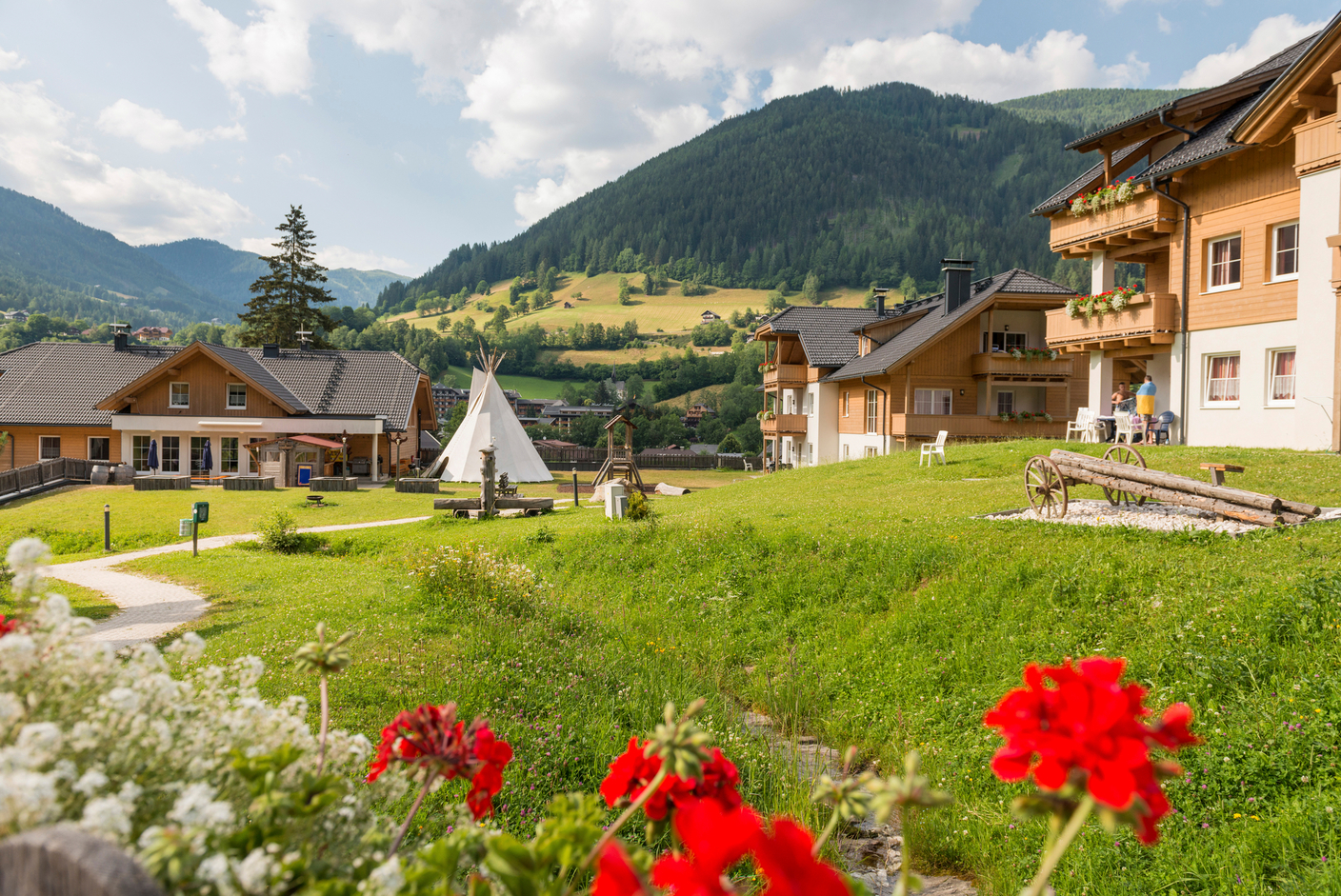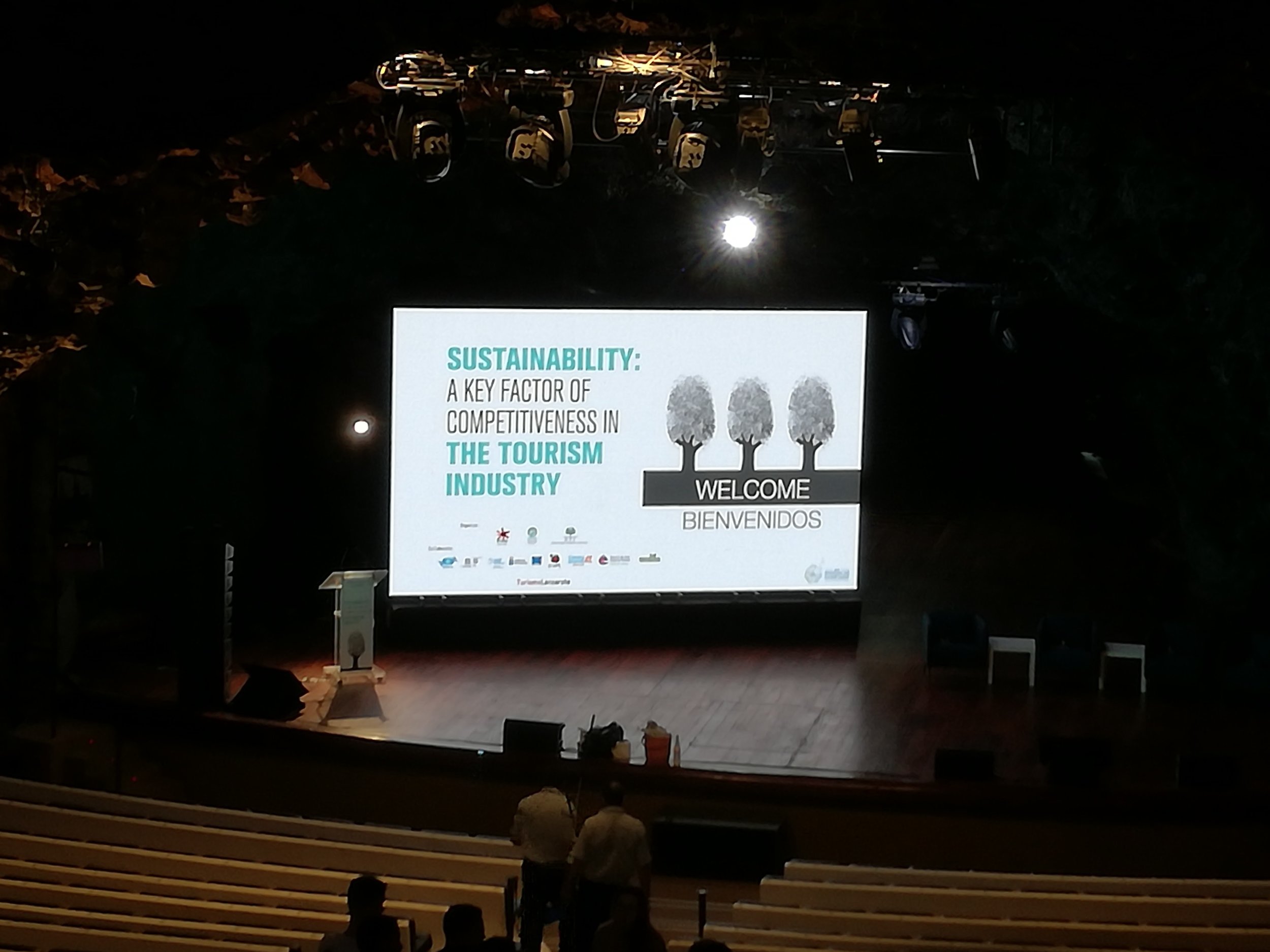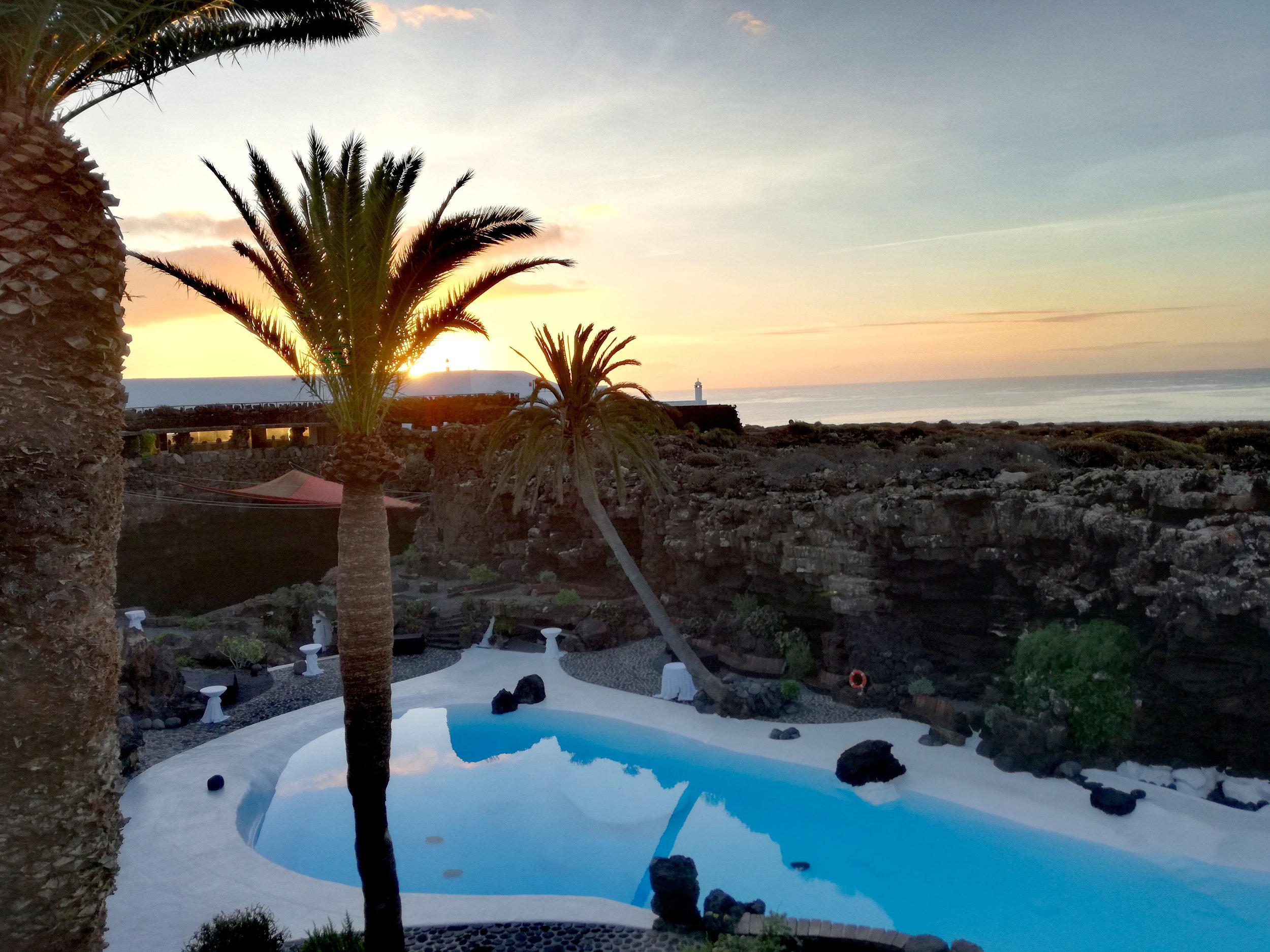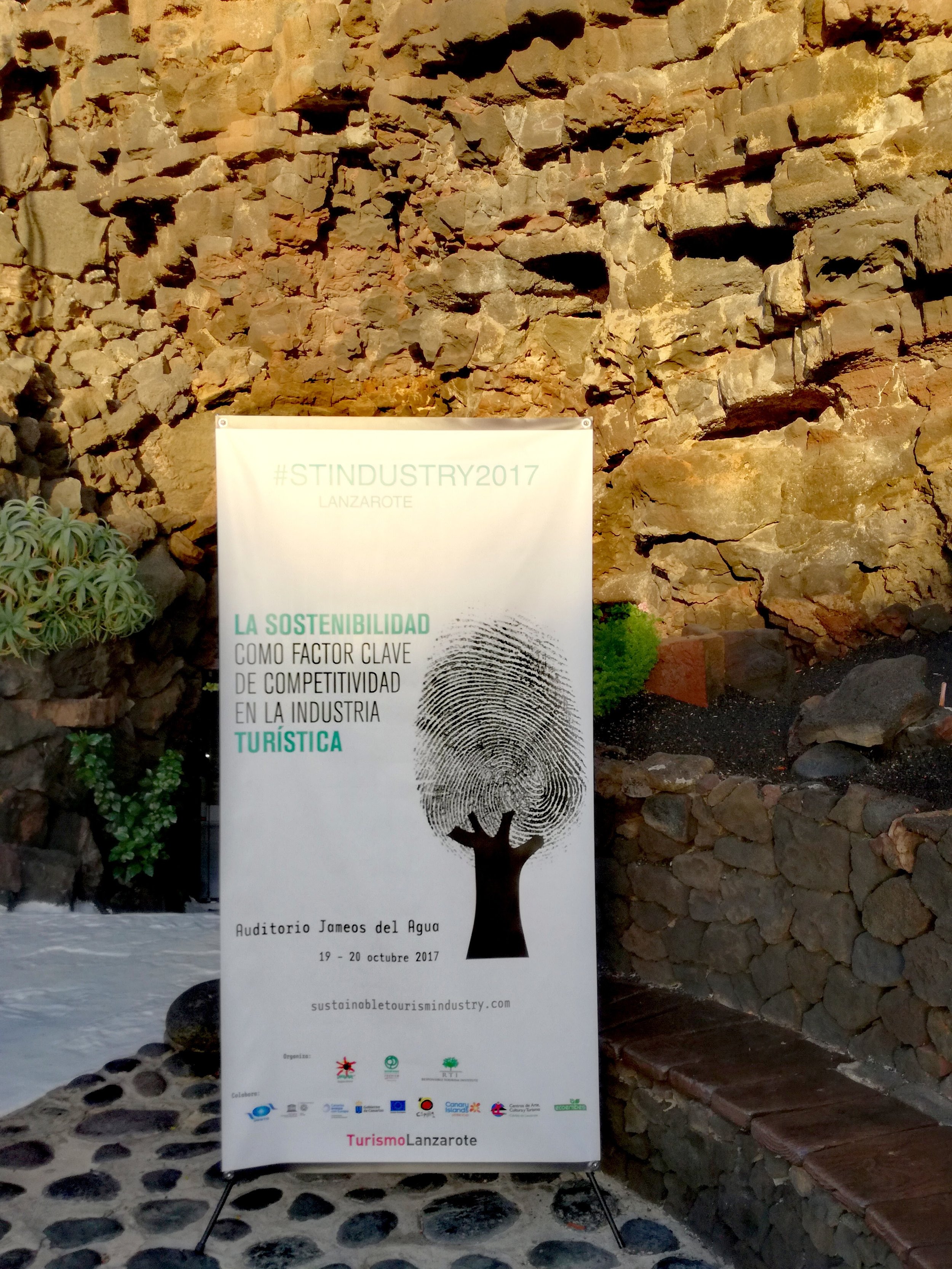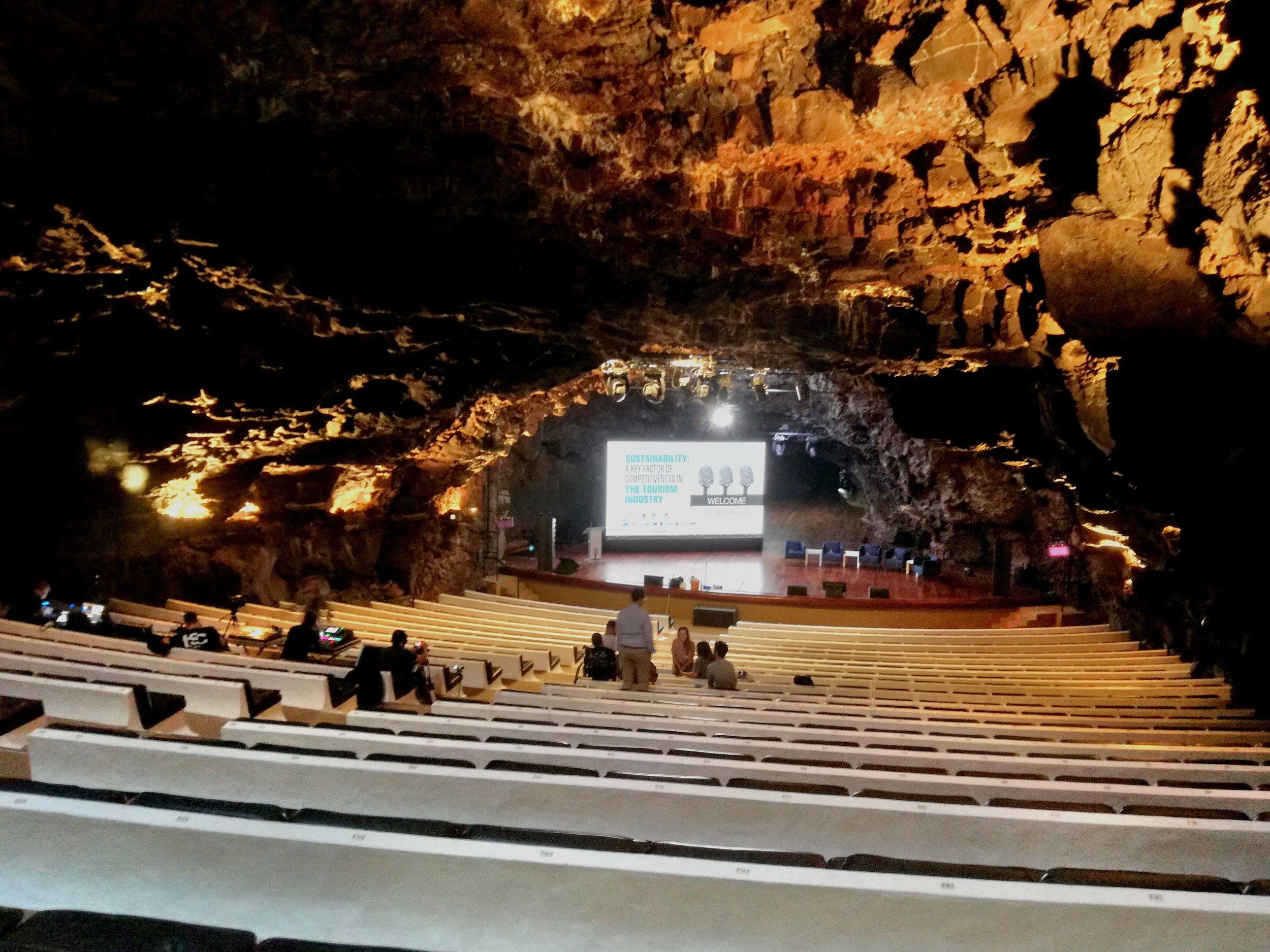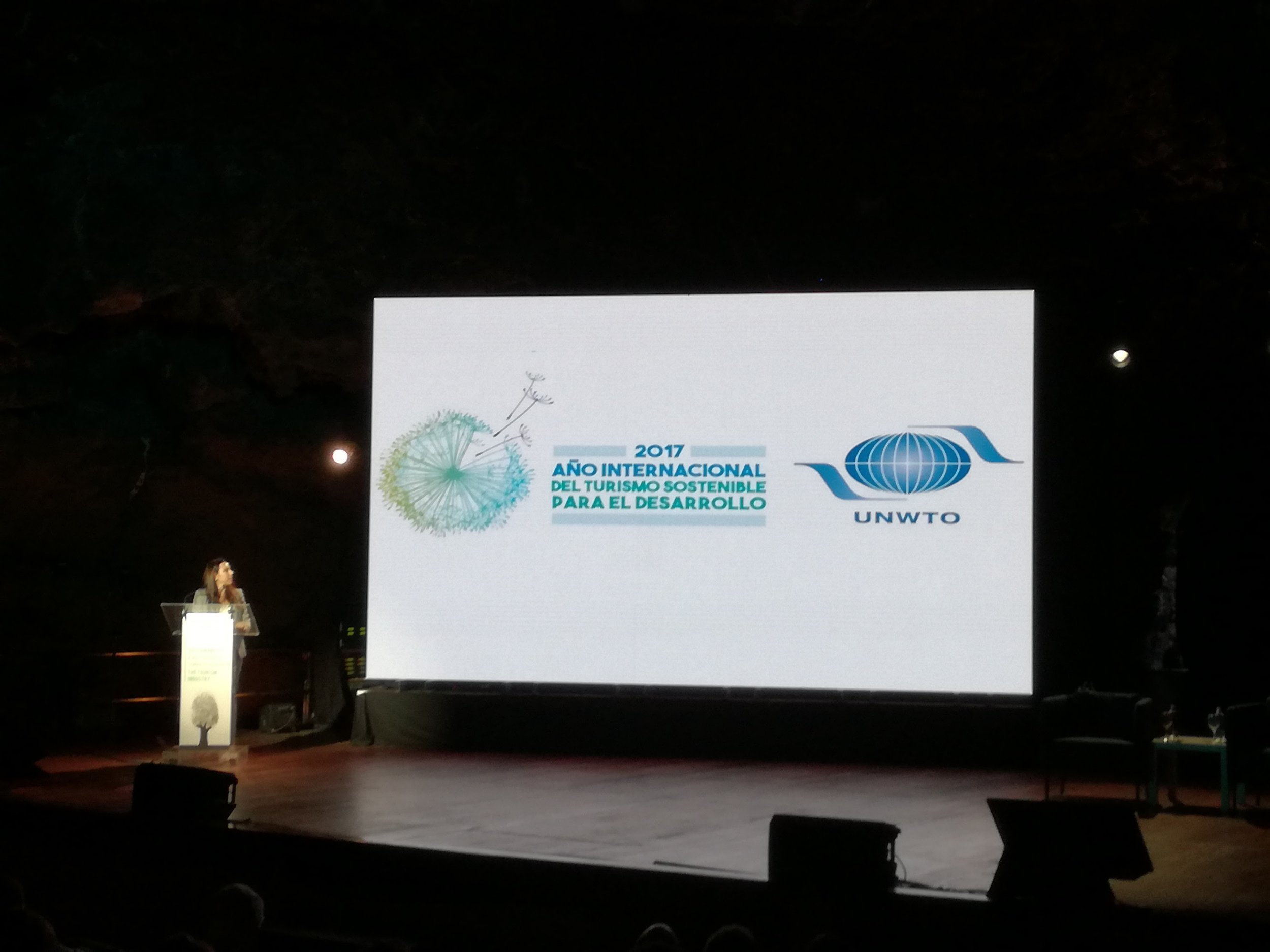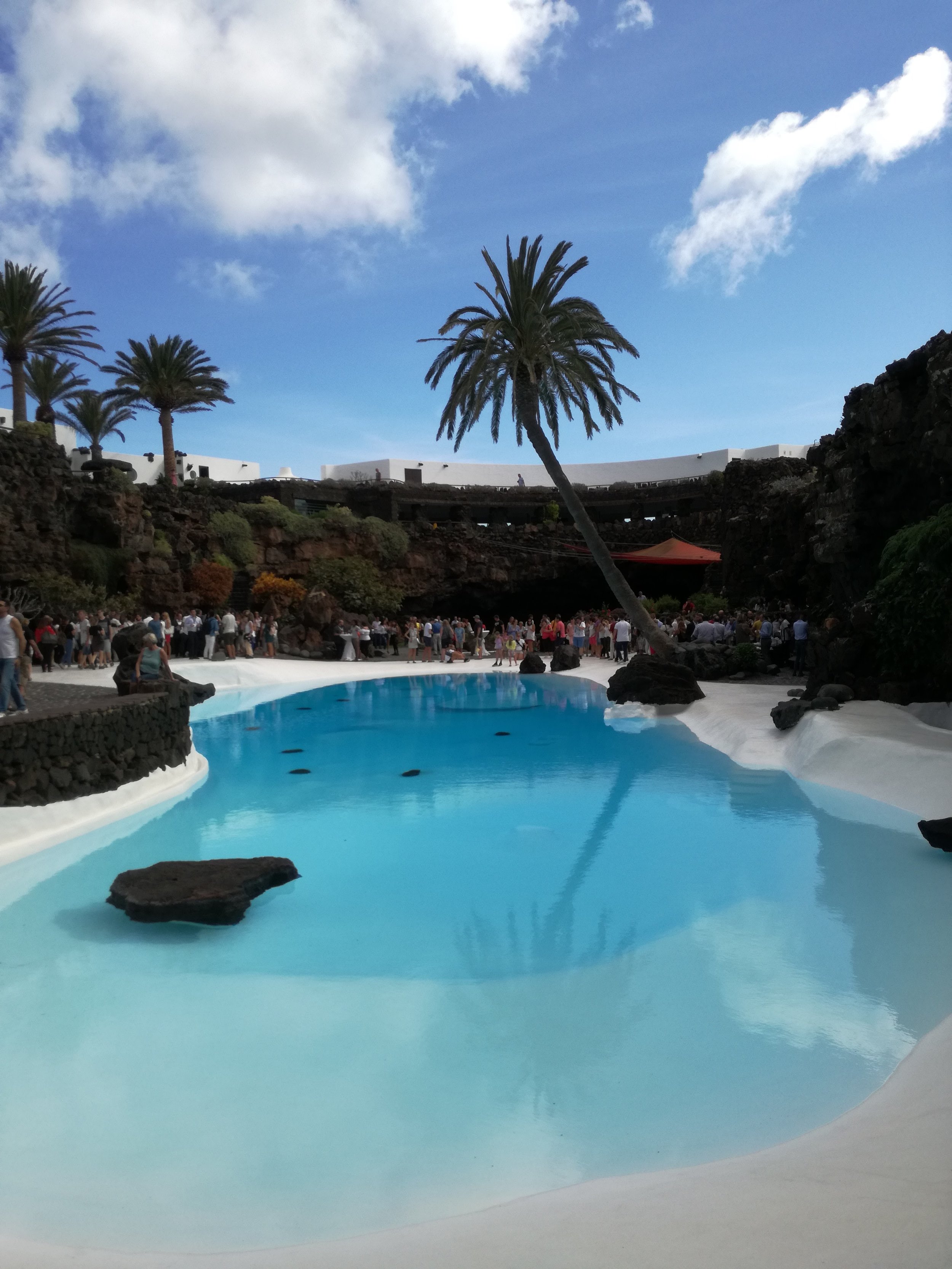The ecolabel contributed to cost reduction of the hotel and conference venue and improved its environmental strategy, according to the DGI Byen CCO (Chief Commercial Officer).
DGI Byen hotel and conference centre
As one of the 21 hotels that received the Green Key certificate in 2021 in Denmark, the DGI Byen hotel and conference centre is already benefiting from its decision of becoming a greener establishment. That is the opinion of Jesper Bremholm, the CCO of DGI Byen, who participated in the last of four Energitrim workshops organised by Sustain in January 2022. The last Energitrim workshop focused mainly on the importance of the Green Key certificate for hospitality businesses and the necessary steps for obtaining the eco-label.
Reflecting on the first year of DGI Byen with the Green Key certificate, the hotel and conference venue CCO Jesper Bremholm acknowledged that the company is already experiencing the advantages of being certified by Green Key. DGI Byen´s CCO explained that the ecolabel has not only helped the company to improve its environmental standards but also allowed DGI Byen to sell more.
To Green Key International, Jesper Bremholm clarified: “The ecolabel has paid off and brought advantages to our business as more customers today are concerned about environmental sustainability and therefore requires the ecolabel when they book location for meetings, conferences and so on. Also, our hotel guests are concerned about environmental sustainability, and we believe that having the Green Key label gets our hotel to appear in more online searches. In the economic perspective, it means that we gain customers who would not have chosen DGI Byen if we did not have the Green Key label.”
Moreover, Jesper Bremholm considers that the environmental work initiated through the Green Key certificate has allowed the hotel to better include both guests and employees in this new green strategy.

















